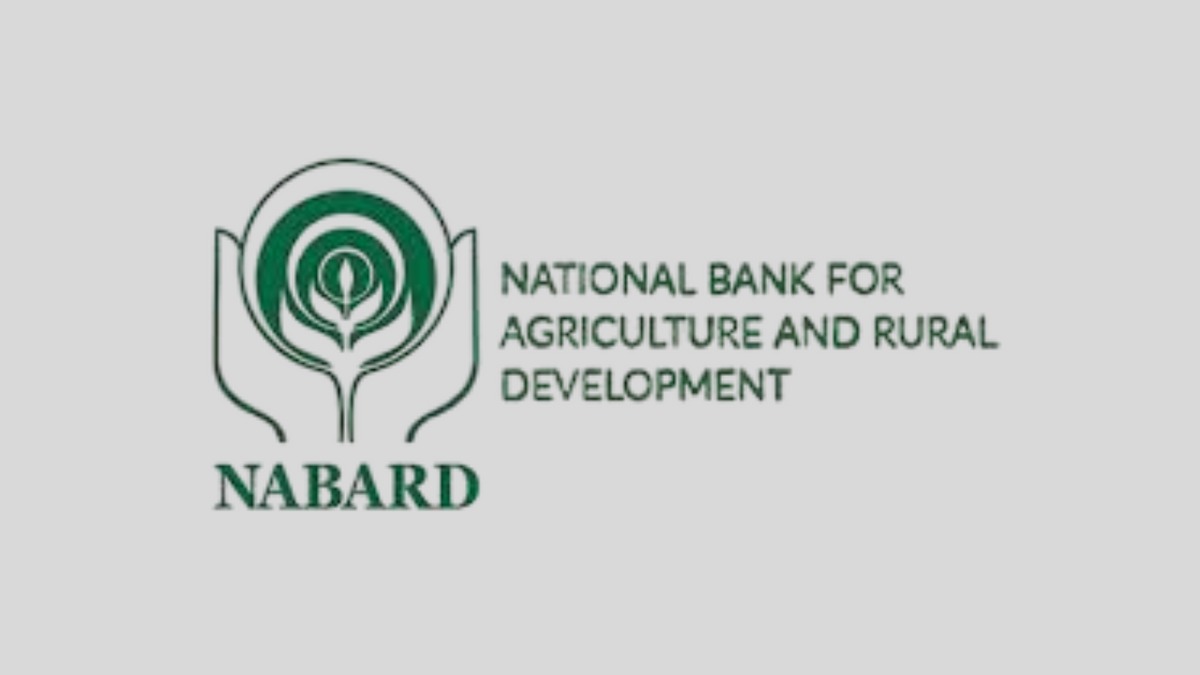India’s National Bank for Agriculture and Rural Development has received approval from the federal government to raise up to Rs 195 billion through deep-discount bonds. The move is expected to provide long-term funding for rural development projects, supporting infrastructure growth and financial inclusion initiatives.
Key Highlights Of The Bond Issuance
- NABARD will issue deep-discount zero-coupon bonds maturing in 10 years, allowing investors to purchase them at a discounted rate and receive full face value upon maturity.
- The bonds are expected to help NABARD raise funds at lower borrowing costs, reducing financial strain while supporting rural credit programs.
- The approval aligns with India’s broader strategy to enhance liquidity in the financial sector and promote long-term investment in rural infrastructure.
Strategic Impact On Rural Development
- The funds raised through these bonds will be directed toward agricultural financing, irrigation projects, and rural electrification.
- NABARD’s deep-discount bonds offer an attractive investment option for institutional investors seeking long-term returns.
- The initiative supports India’s push for financial inclusion, ensuring credit accessibility for farmers and small businesses.
Market Position And Future Outlook
- NABARD’s bond issuance is expected to attract strong investor interest, given the stability and government backing of the institution.
- The approval comes amid growing demand for alternative financing mechanisms to support India’s rural economy.
- Analysts anticipate further deep-discount bond issuances from other state-run entities as part of India’s evolving financial strategy.
About NABARD
The National Bank for Agriculture and Rural Development is India’s premier financial institution dedicated to rural development. It provides credit and financial support for agricultural and infrastructure projects, playing a crucial role in India’s economic growth.
Sources: Yahoo Finance, Business Standard, Reuters.
